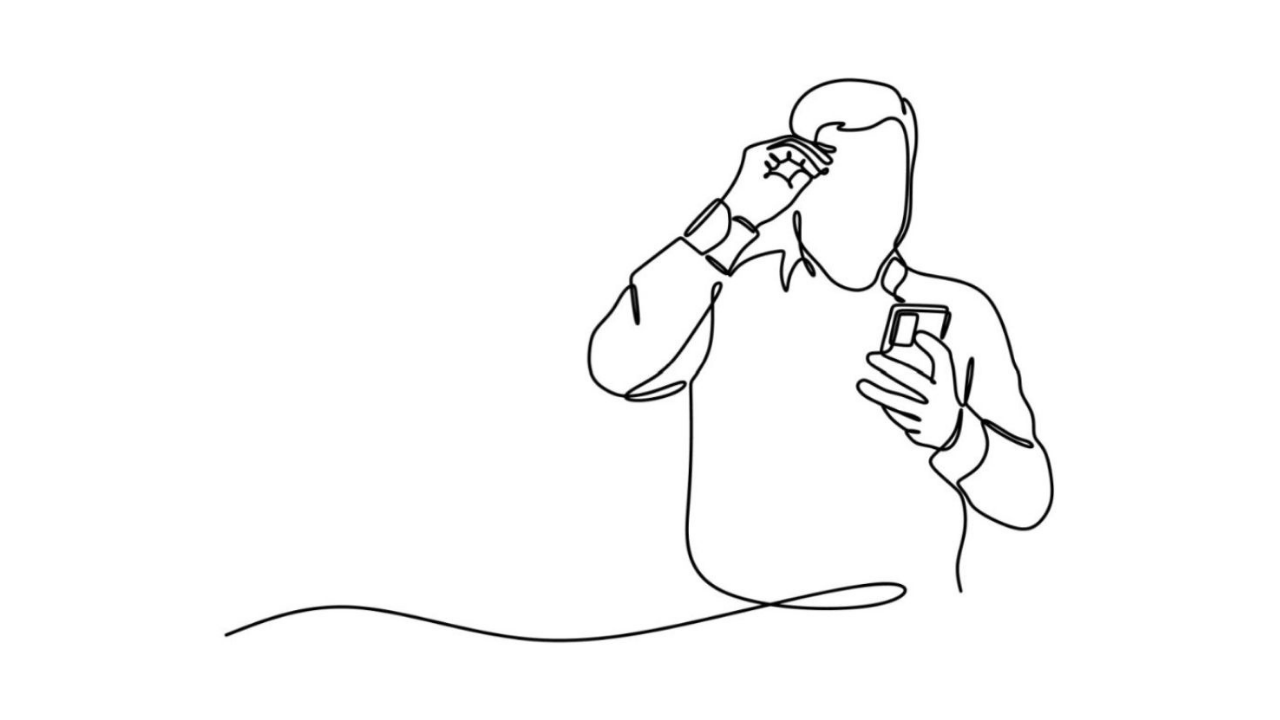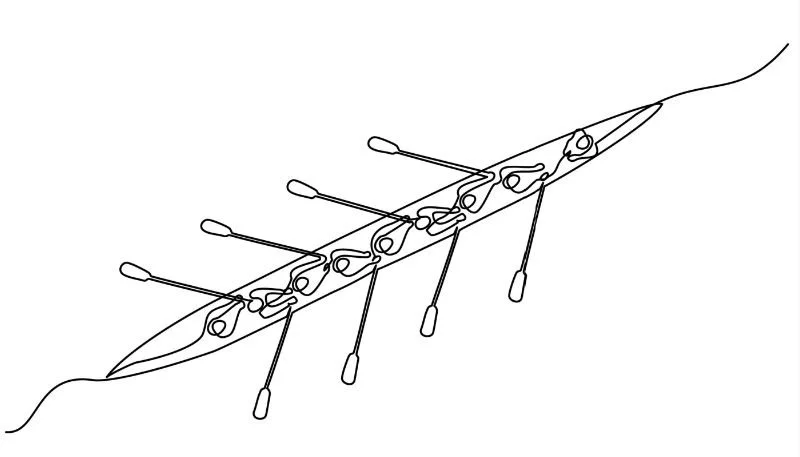What Have We Learned?
This article is part of Finding the Words, a newsletter that delivers practical insights on the day’s issues.
Earlier this week, I wrapped up a presentation skills workshop just as I've wrapped up most workshops with my clients for the last few years—with a slide that reads, "It's not what you say; it's what people hear and feel."
I begin and end my sessions with that statement (my take on Dr. Frank Luntz's well-known quote and subhead of his book Words That Work) to remind the audience that communicating effectively has to do with a lot More than Words, per the title of my book.
Transparently, ending on that slide is also a comprehension test, as I ask my audience to share what's sticking with them. It's how I test my effectiveness, to see if my audiences hear and feel what I want them to.
(This is a smart way to end a meeting of any type, by the way. Feel free to use this device next time you're hosting a meeting to see how well your information sticks with the audience.)
Today, I decided to take my comprehension test to the next level. Since January, I have been interviewing a fascinating group of leaders for the 10th season of my podcast, and now, as the season ends this week, I decided to ask myself: What did I hear, what did I feel, and what is worth passing along to you, my dear friends?
So, here are my top six lessons from the season:
1. Ask Better Questions: I started this season in conversation with the brilliant Dianne Myles of Human Focused Media. Rather than asking people the standard "How are you?" only to get the standard non-answer, "Fine," Dianne picks a different question every day to get to know people in her life better. One day, she might ask, "What's bringing you joy today?" and another day, she might ask, "How is your heart?" Whatever the question, she always gets a good answer. So, if you're seeking better answers, try asking better questions.
2. Let Go of Comforting Lies. In the second episode of this season, I reconnected with best-selling author Mitch Albom to discuss his latest book, The Little Liar. We talked about the moral courage it takes to confront and accept truths, especially when they challenge our beliefs or comfort zones. As Mitch shared, sometimes it's easier to hold onto the lie than to accept the truth. Don't ever let the comfort of lies limit you from being able to see the truths in your own life and work.
3. Light Candles if the Power Fails. My dear friend and colleague Leonard Burton gave us the kind of North Star hope that only he can. While there will always be uphill battles to fight along the journey toward justice, progress is also always possible. So when the power fails, remember what you're fighting for, and light some candles to keep moving "forward, ever, and backwards, never."
4. Move from Righteousness to Relationships. As Rob Fersh and Mariah Levison shared, it's tempting to cling to one's sense of being right, particularly in polarized environments. However, we can all win more when we prioritize relationships over righteousness, recognizing that what unites us, such as the desire for fairness, belonging, safety, and dignity, often outweighs our differences.
5. Transparency Builds Trust. As discussed with my friend Nadine Gabai-Botero, when organizations face challenges, as they're bound to face, it's vital to communicate with care and clarity along the way. Rather than retreating into silence (and keeping key people such as employees or funding partners out of the loop), sharing the realities of challenging situations can foster trust and invite collaborative problem-solving among employees and teams.
6. Little Leadership Practices Have Big Impact. And as Dr. Erica Brown shared with me, small-scale practices like journaling, morning walks, meditation, or even quiet reflection, when practiced religiously, can ground leaders, especially in times of uncertainty. There is stability in our daily disciplines, and that stability can accumulate over time to build resilience and clarity, enabling you to navigate challenges with even greater grace and determination.
Bottom Line: Even in challenging and uncertain times, there will always be people who light the way and protect the truth; leaders who bring their souls to work, and who care without condition, as I felt repeatedly in this hopeful series of conversations. Thanks to each of these special guests for joining me this season and to you, for being along in this learning journey with me.
This post is part of the Finding The Words column, a series published every Wednesday that delivers a dose of communication insights direct to your inbox. If you like what you read, we hope you’ll subscribe to ensure you receive this each week.







